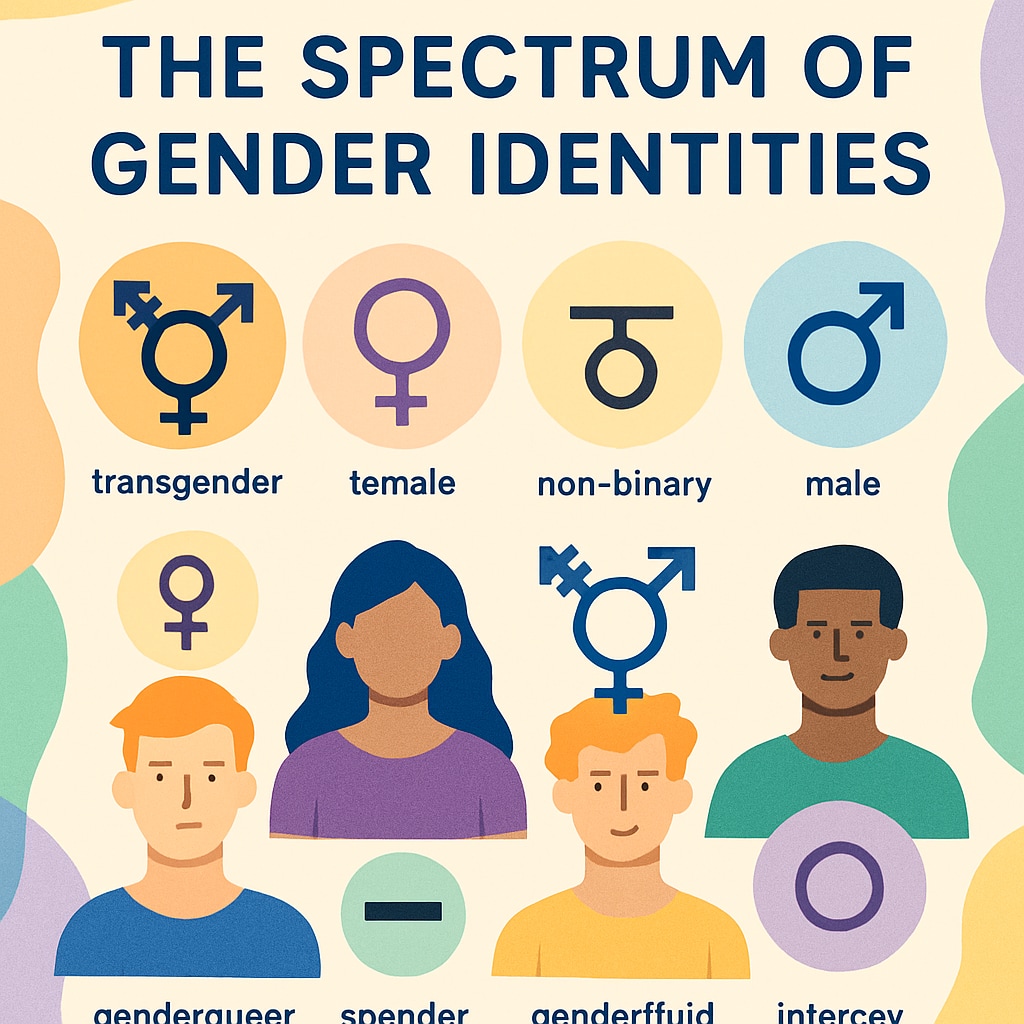Brown University, transgender students, and gender policy are at the center of an important debate about educational equity and mental well-being. The university’s agreement with the Trump administration, which enforces a binary definition of gender, has sparked deep concerns among transgender students and advocates. This policy, which rejects non-binary and transgender identities, is reshaping the campus environment and threatening the inclusive ethos that many universities strive for.

How Binary Gender Policies Challenge Campus Inclusion
Gender policies that define identity strictly as male or female can have far-reaching consequences for transgender students. At Brown University, the agreement to adhere to such a definition under the Trump administration has created a campus climate of uncertainty. Students who identify outside the binary spectrum often face difficulties accessing gender-affirming facilities, such as bathrooms and dormitories.
For instance, restrictive policies can lead to significant obstacles in claiming the rights and accommodations necessary for a safe and affirming educational experience. According to Britannica’s definition of transgender, such policies disregard the lived realities of individuals who do not conform to binary gender norms, further marginalizing an already vulnerable population.
The Psychological Impact on Transgender Students
Brown University’s alignment with a binary gender policy doesn’t only affect logistical aspects of campus life—it also has profound implications for mental health. Transgender students often struggle with identity affirmation in environments where their gender is invalidated. Research shows that lack of access to gender-affirming spaces can lead to heightened levels of stress, anxiety, and depression among transgender individuals.
In addition, being forced to conform to binary definitions of gender can erode feelings of self-worth and belonging. For example, a policy that denies the recognition of non-binary pronouns, such as “they/them,” may lead students to feel invisible or excluded within their own academic community. As highlighted by Wikipedia’s overview of transgender rights, supportive environments play a critical role in fostering positive mental health outcomes for transgender individuals.

Potential Solutions for Equity and Inclusion
To address the challenges posed by policies that enforce binary gender definitions, universities must take proactive measures to support transgender students. Brown University, for example, could implement initiatives to foster inclusivity, such as:
- Creating gender-neutral facilities across campus to ensure accessibility for all students.
- Offering counseling services specifically tailored to the needs of transgender individuals.
- Training faculty and staff on gender diversity to promote respectful and affirming interactions.
- Establishing clear protocols to protect students from discrimination and harassment based on gender identity.
These measures would not only enhance the educational experience for transgender students but also demonstrate the university’s commitment to equity and inclusion.
Conclusion: Moving Toward Inclusivity
Brown University’s decision to adopt a binary gender policy under the influence of the Trump administration has raised urgent questions about the role of educational institutions in affirming diverse identities. For transgender students, the impact is deeply personal, affecting both their academic success and mental health. While the policy presents challenges, it also provides an opportunity for universities to lead the way in advocating for equity and inclusion.
By prioritizing the needs of transgender students and implementing inclusive policies, Brown University can redefine its stance and create a campus environment where every student feels valued and supported.


